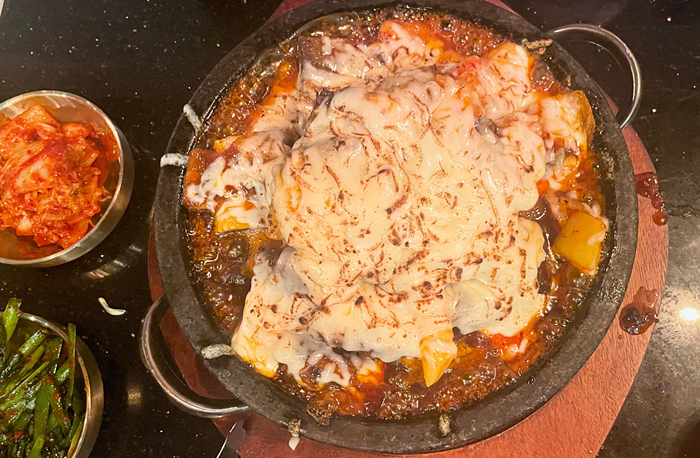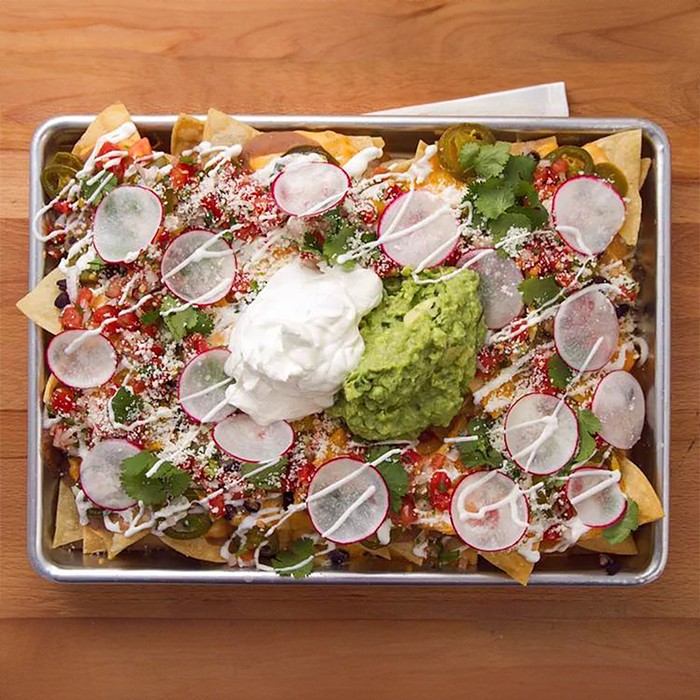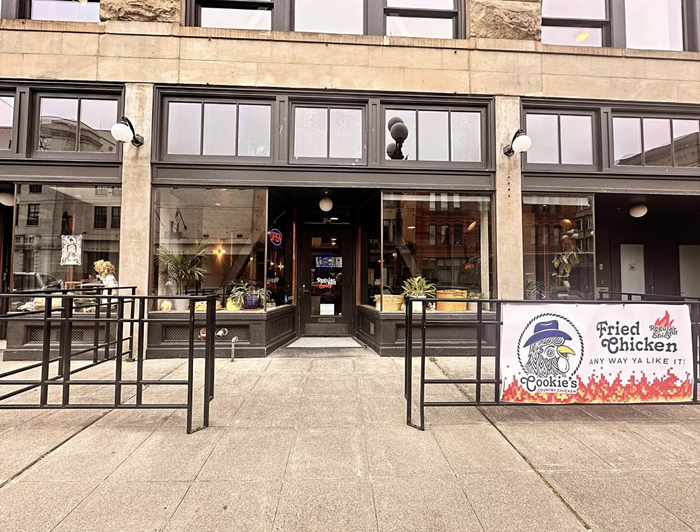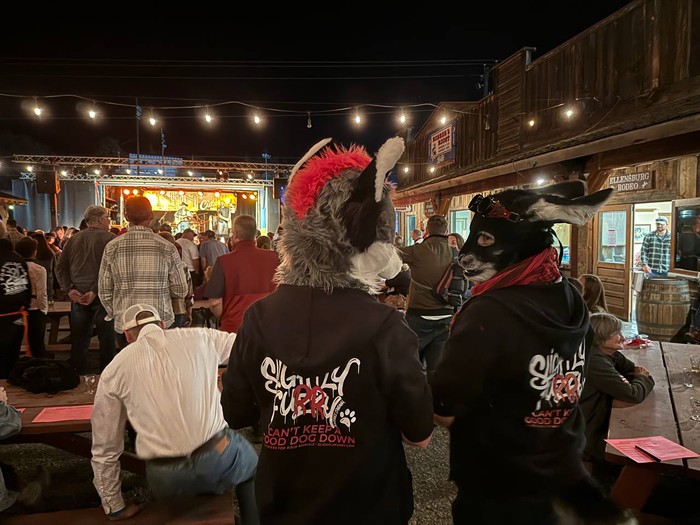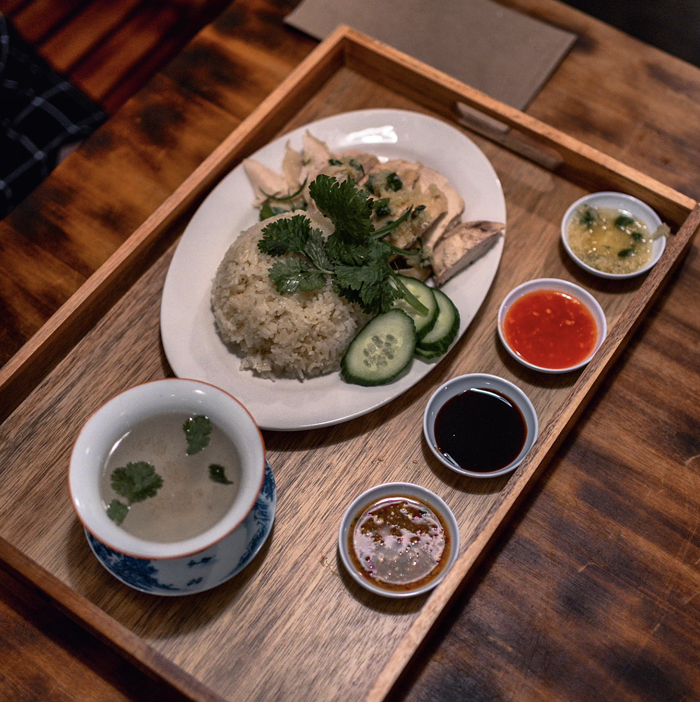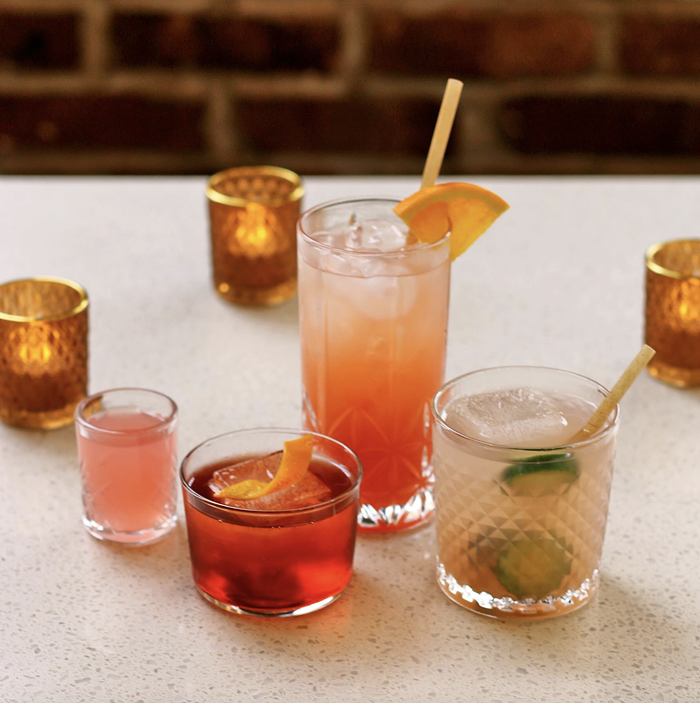Sometimes it is good to have no idea where you are going to drink, to have no plans for the evening, no appointments, no clue where you will be in an hour or so. You just leave the house/apartment, catch a bus to wherever it goes, arrive at this or that place, walk up and down the streets until the lights/decor/people of an unknown bar draws you in. This is exactly what I did during a recent weekend. The day was very short, very gray, and foggy. At night, however, the clouds over the city cleared the sky like a massive curtain and revealed a cold but bright moon. I left home around 6 p.m. and looked around the south end of Beacon Hill, and then the area near Othello Station, and then along Hillman City, a place that's near to popular Columbia City but one that I rarely visit for some dumb reason.
After walking around Hillman City for five minutes, I found and entered a joint called Union Bar. I was drawn into this place by its mood and look (wood-warm), and also by its theme: the tradition of Northwest unionism. Considering the current political climate—Seattle finally has a socialist, Kshama Sawant, on the council, and its fast-food workers are making louder and louder demands for higher wages—the timing of this bar, which opened two months ago, could not be better. Union Bar's motto? "Where Labor Rests."
I sat by the window and faced the bar's main seating area. Posters for union protests that happened in Bellevue and Seattle hang on the south wall, and the east wall holds old pictures of buildings and workers from back in the heyday of organized labor. (American union membership was decimated in the '80s by Ronald Reagan and the policies of a new school of economics called neoliberalism.) I ordered white wine, red wine, and whiskey. I also ordered fries, which were very good. The people who sat at the bar did not look like the workers of the 20th century, but workers like me—workers of the information age, workers who had never been in a union, workers who entered the labor force when unionism was pretty much dead.
The music selected by the bartender was all Motown, which fit perfectly with the whole union theme. Motown music was made by the working class, for the working class. Playing the hits of Motortown here, among the old images and posters, recaptured the leisure culture of 20th-century American labor. ![]()


